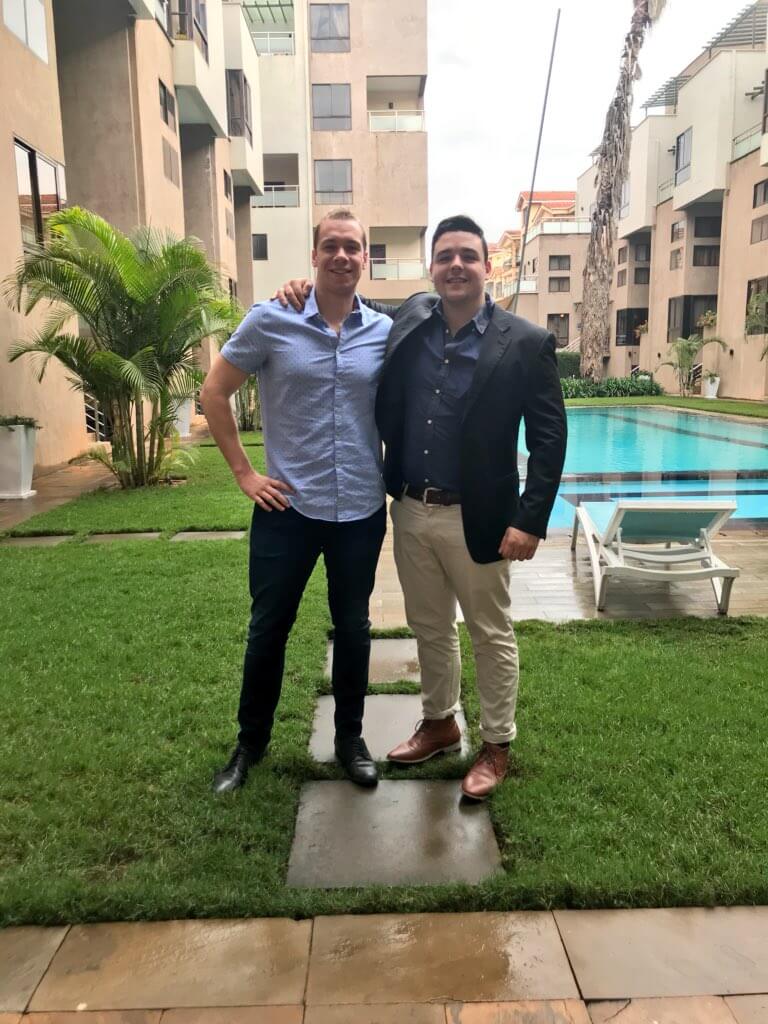A pattern of unresolved labour grievances is emerging at Riley Falcon Security Limited, where several former employees say they have faced prolonged delays in receiving terminal dues, raising broader questions about internal accountability and employee welfare within the company.
At the centre of these concerns are reports from former staff members who claim that, despite following formal resignation procedures and serving the required notice periods, they have waited months, some even years, without receiving their final payments.

These payments include accrued leave balances, service gratuity, and statutory benefits, which by law should be disbursed within a reasonable period following an employee’s exit.
In one such case, a former employee who exited the company earlier this year describes a bureaucratic deadlock, where the Human Resources department allegedly confirmed the completion of necessary clearance steps but the Finance department later stated it had not received the corresponding file for payment processing.
This back-and-forth has reportedly left the former staff member without any clear communication or timeframe for resolution.
Such delays are not isolated.
Multiple individuals, some dating as far back as 2022, claim they have experienced similar treatment, raising the spectre of a systemic issue within the firm’s post-employment processing protocols.
The situation is further compounded by allegations that employees were routinely denied access to their statutory leave entitlements during their tenure, only to have those days forfeited without compensation upon exit.
This, according to labour law experts, could constitute a breach of employment standards as outlined under the Kenyan Employment Act.
Despite its long-standing presence in the security sector and its sizeable workforce of over 10,000 personnel, Riley Falcon Security Limited now faces a growing chorus of dissatisfaction that, if left unaddressed, could prompt legal challenges or formal intervention from labour authorities.
Former employees have indicated that their attempts to seek clarification have been met with silence or deflection, eroding trust in the company’s internal resolution mechanisms.
The mounting frustration has prompted some to call for public accountability and, where necessary, legal recourse.
At a time when Kenya’s private security sector continues to grow and professionalize under tighter regulatory oversight by the Private Security Regulatory Authority (PSRA), such claims underscore the need for companies to adhere not just to industry compliance standards, but also to ethical employment practices that respect the rights of their workers, both during and after service.
Whether Riley Falcon Security Limited will take proactive steps to address these concerns remains to be seen but the growing list of unresolved cases has already cast a shadow over its reputation, with former employees urging regulators, labour rights groups, and legal practitioners to intervene.











































